Global Initiatives Grant Report – Social and Moral Regulation of the New Coronavirus Pandemic in Brazil: An Ethnographic and Intersectional Analysis
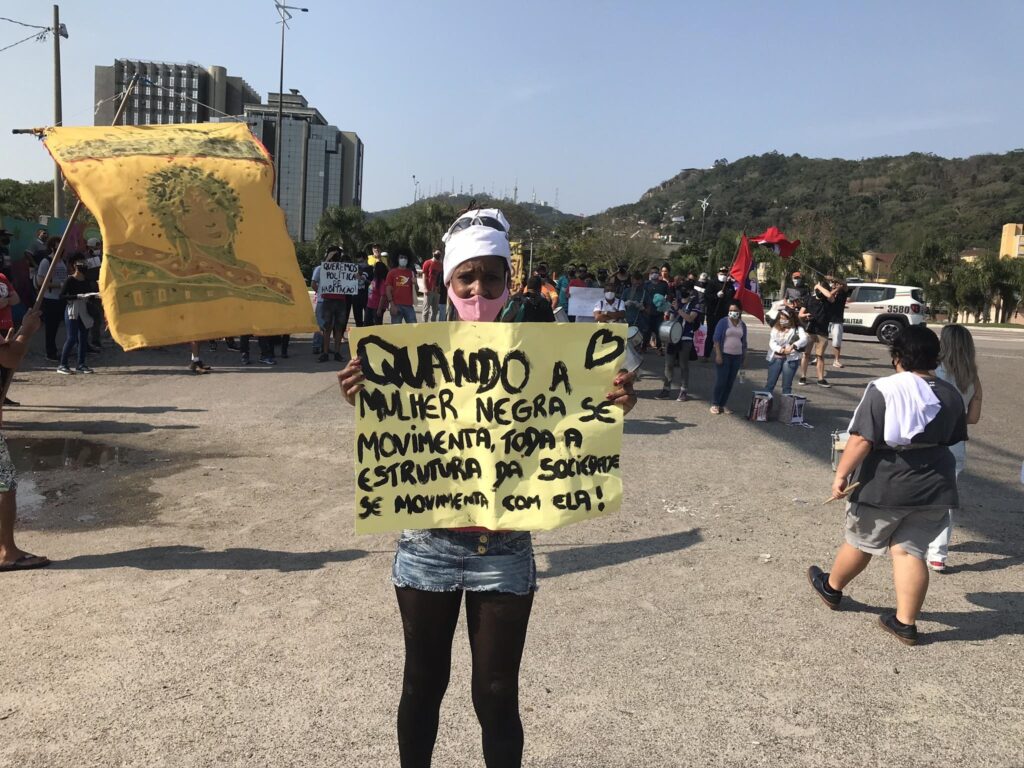
The research project, “Social and Moral Regulations of the New Coronavirus Pandemic in Brazil: An Ethnographic and Intersectional Analysis,” received funding through the Global Initiatives Grant program. Researchers based in metropolitan regions of Florianópolis, Rio de Janeiro, João Pessoa and Salvador, Brazil carried out the research between July 2020 and June 2021. Research teams explored the perspectives of vulnerable social groups to analyze the social and moral regulations implemented during the Covid-19 pandemic in Brazil from a comparative perspective. The research built upon pre-established relationships between our team of researchers and their respective interlocutors in different contexts.
Axes of analysis included understandings of sanitary measures and the institutional treatment of the dead through the proliferation of death records and the institutional construction of death during the pandemic; the dissemination and implementation of survival strategies among invisibilized and racialized populations, such as Roma peoples, street populations, slum and periphery dwellers, informal workers, gravediggers, educators, essential service professionals, and black female heads of households; and public security policies and their effects on those living in urban territories affected by repression and the prohibition of the illicit drug trade. Professor Dr. Flávia Medeiros at the Federal University of Santa Catarina coordinated the project, which integrated investigators from all levels of academic training. The research was designed to take an ethical approach to conducting research during a moment of social isolation. The historically vulnerable populations whose strategies we hoped to understand were coping with increasing marginality under the Brazilian federal administration. Thus, the initial work of the research group was to use an epistemological framework to probe the ways in which the state limited the livelihoods of certain subjects from a theoretical perspective. At the same time, we carried out a survey of statistical and journalistic data about the pandemic for the purpose of understanding the main indicators of the Covid-19 pandemic. In this survey, key words such as Covid-19; coronavirus; pandemic; numbers; education; science; health; death; market; politics; and cemetery were used to think about the pandemic through interconnections between different contexts.
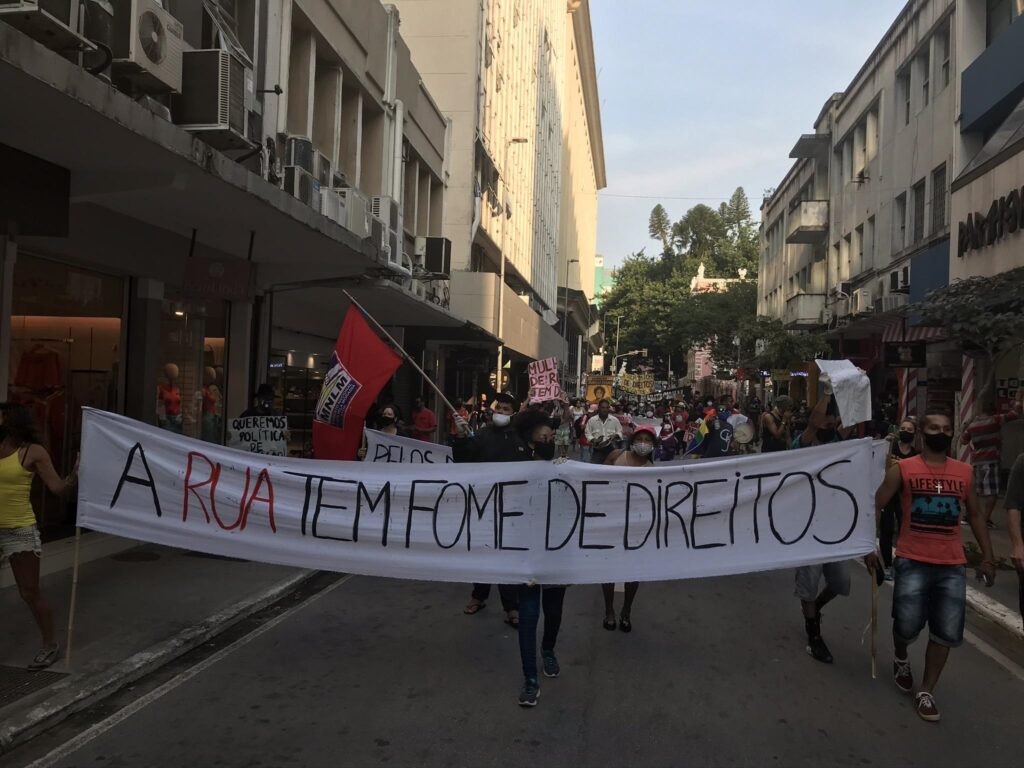
After months of research, the team created a decoupage of the gathered data. Following analysis of the decoupage, a series of questions that needed to be analyzed from the point of view of our interlocutors emerged. We could clearly see how violence against women, children, and people whose bodies are racialized (black, indigenous, gypsies) is exacerbated in these circumstances. As part of our collective research methodology, we kept a field diary from July 1, 2020 to March 6, 2021 whereby each researcher was responsible for writing notes one day per week. By co-writing in our diary, the impact of the pandemic on researchers’ working conditions, daily life and health became evident. This same clarity emerged around issues that intersect different social groups’ access to resources. We studied how people gained access to basic emergency aid and donations of food baskets, hygiene materials and clothing; how they participated in donations and the organization of activities and solidarity networks; what conditioned their access to health and social assistance systems; and how they experienced other situations such as illness and death in the family and neighborhood from Covid-19 or other diseases and the hardships that arise from conditions of social isolation. By conducting ethnographic analysis in different contexts, we sought to understand the social and moral organization of the novel coronavirus pandemic in Brazil from both a specific and comparative perspective.
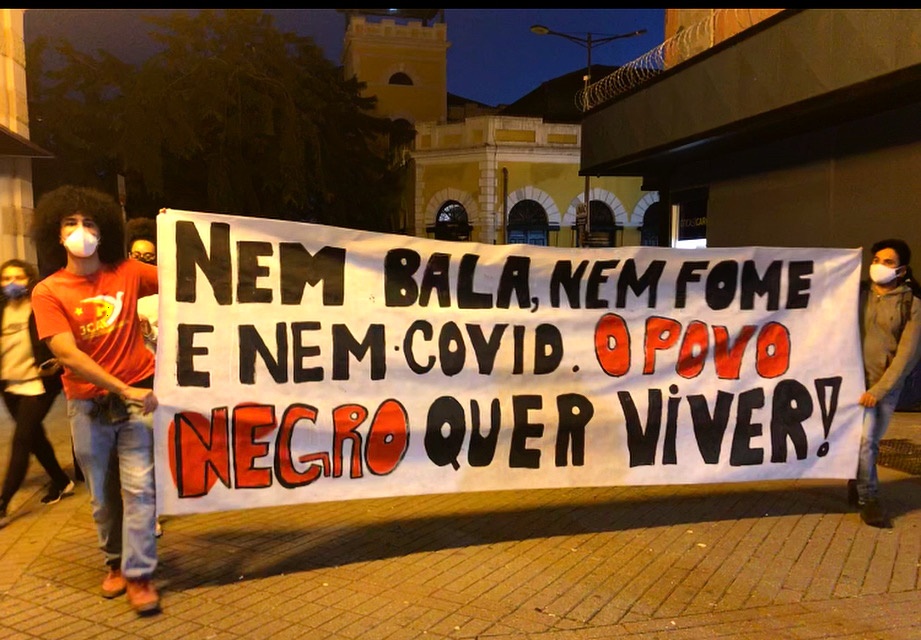
We have presented our research conclusions in eight papers given at scientific events; twenty-four round tables and academic lectures; six articles in periodicals and three manuscripts to be published in collections that debate human rights, health and the pandemic, and Gypsy/Romani peoples; nine newspaper interviews and on official websites; and in an edited volume of scientific articles produced by members of our team.
Our comparative perspective has allowed us to gain insights into how people in favelas, cemeteries, social services, public transportation, legislative houses, and educational environments such as schools, universities, have reconfigured their daily life practices through creative survival strategies for gaining access to basic needs. There is a gap between state discourse and practice. Instead of fulfilling its role in providing access to basic rights, the state and its institutions create tensions and friction. It is through these gaps and junctures that citizens find possibilities for escaping and reorganizing the conditions that allow them to reduce inequality and regain their dignity.
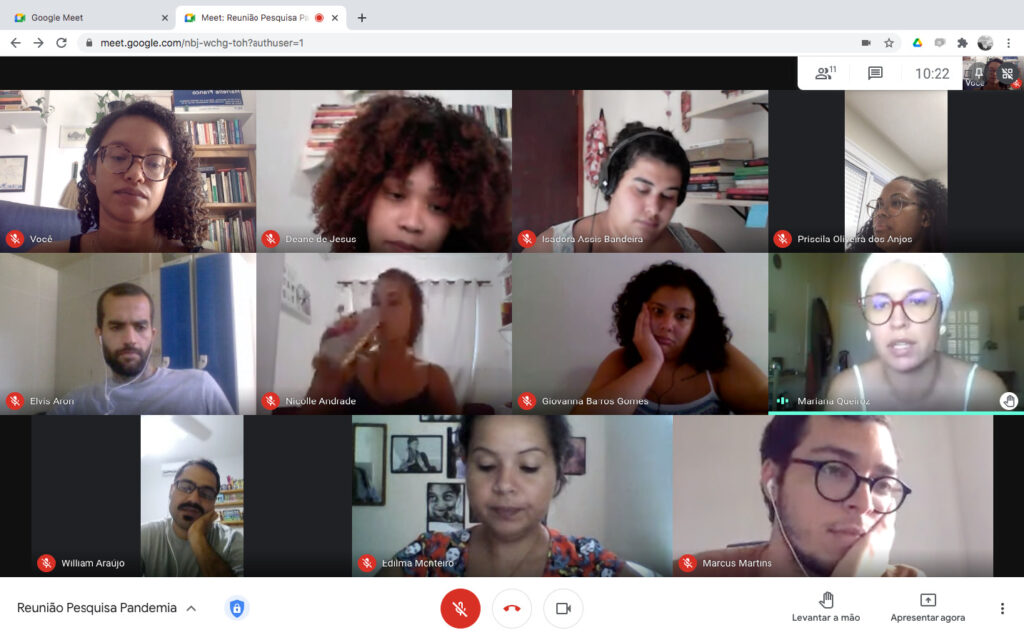
Preliminary data suggest that the pandemic has produced management strategies that have allowed our interlocutors to negotiate ways of living with precarity and escaping death. In understanding how they have lived through isolation, we conclude that among the possible strategies, the management of care is built upon internal arrangements of care for one’s own, while public management, which purportedly assures safety for the full gamut of Brazilian citizens, does not exist for them.
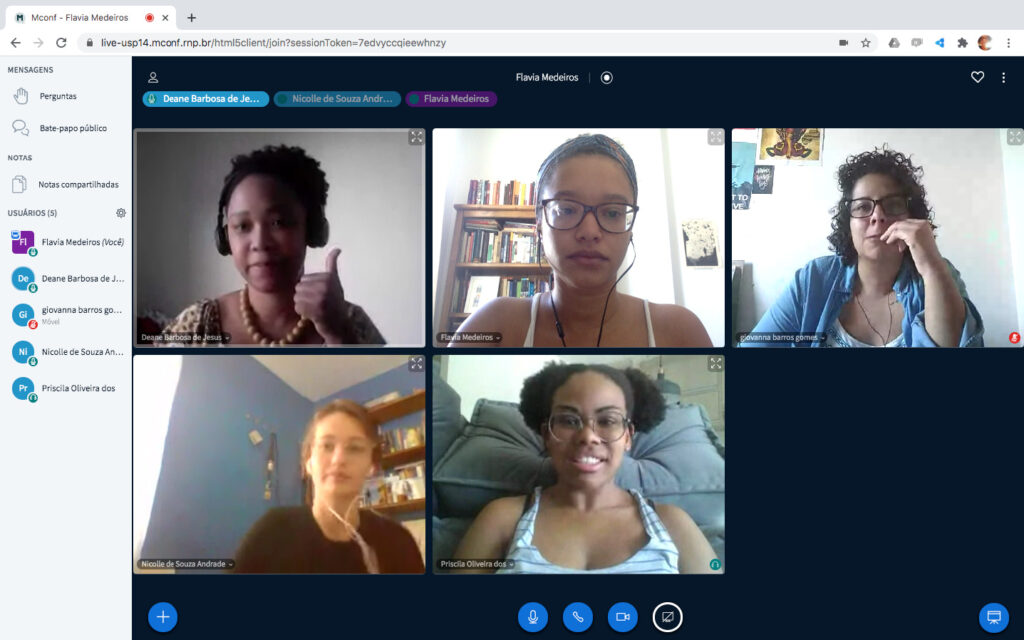
Our comparative research has shown us that beyond the death of more than 680 thousand Brazilians as a result of the Covid-19 virus, death also touches Brazilians when their right to life and to the belonging that comes with differentiated forms of care, attention, and communication are denied. One kills when one denies the right to a life lived in safety and dignity.